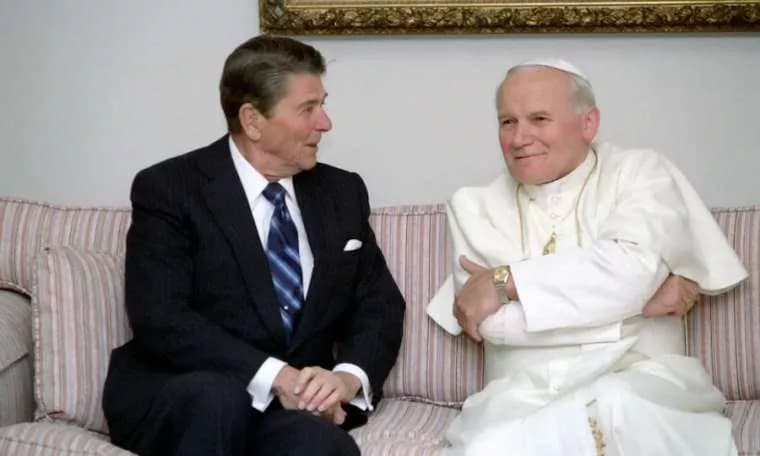(Crux. John L. Allen Jr.).
With the imminent departure of Joseph Donnelly as the U.S. Ambassador to the Holy See, it seems likely the post will be vacant for a while. It would make little sense to try to ram through a nominee before the election in November, and afterwards it can take a new (or returning) administration six months, or more, to work its way down to the Vatican gig on the list of federal jobs to fill. As a result, we have a cesura, a pregnant pause, which could provide a moment to rethink America’s approach to whom it sends as its envoy to the Vatican. I’m going to lay out here a modest proposal I’ve been floating periodically for the better part of two decades, in the serene confidence that it’s no more likely to be taken up now than at any other point over that span. The fact I can’t get anyone to listen, however, doesn’t, ipso facto, make me wrong. Both elements of this modest proposal are intended to expand the talent pool, as well as privileging competence and preparation over politics. To wit, I suggest the United States break with what have been two unquestioned assumptions about the position since full diplomatic relations were first launched under President Ronald Reagan in 1984:
- First, we should end the bias in favor of political appointees in favor of giving consideration to career foreign service professionals.
- Second, we should also break with the convention that the ambassador to the Vatican has to be a Catholic.
To be clear, these are American conventions, not Vatican requirements. Plenty of other nations appoint career diplomats to the Vatican role, and plenty also name non-Catholics. Let’s take each point in turn.

